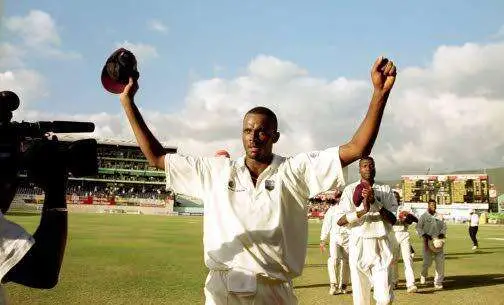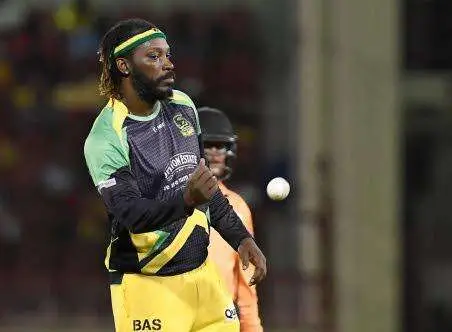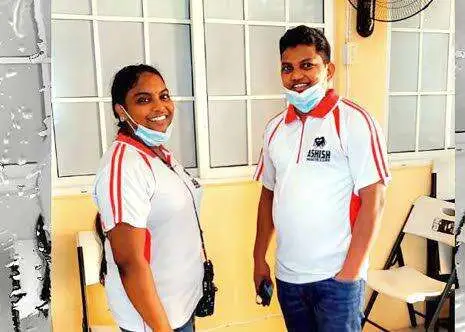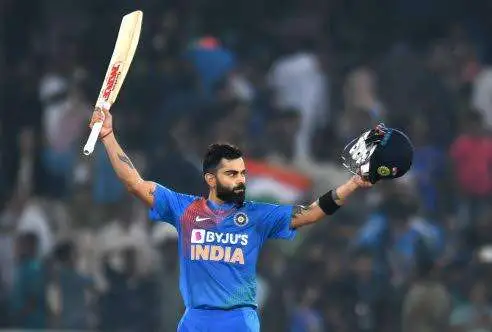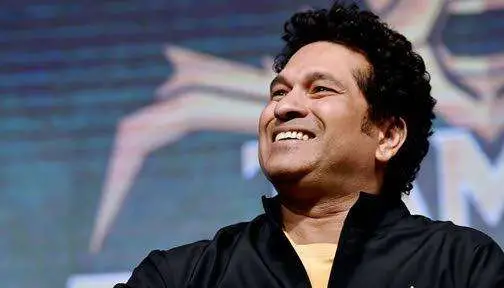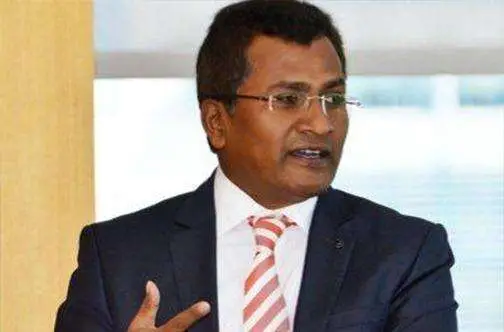
175 years of Indians in Jamaica
May 2020 marks 175 years of the arrival of the first Indians in Jamaica. Little did anyone know that a group of 261 Indians, landing at Old Harbour Bay in 1845, would inextricably link the fates of the people of these two countries for all times to come.
Between 1845 and 1921, over 36,000 Indians were brought to Jamaica. Upon their arrival, the Indians were dispersed to the plantations in Portland, St Thomas, St Mary, Clarendon, and Westmoreland. When their indentureships were over, they could have settled in any part of the island or choose to go back to India. But more than two-thirds remained, making Jamaica their home.
Indians survived by building bonds with other communities on the island and learning their religious and cultural practices. Interracial marriages between Indian and African communities were not uncommon, which also led to closer cultural and economic integration. Many left the plantations and started working as fishermen, barbers, and shopkeepers. Skilled metalsmiths and jewellery workers created distinctive brass, silver, and gold ornaments. Peculiar Indian music, dance, and traditional dress were also incorporated into the Jamaican culture.
Indians also introduced ganja and the chillum pipe to Jamaica. It was they who first managed to grow rice in Jamaica, establishing the island’s first successful rice mill in the 1890s. Indians introduced spices like curry powder and turmeric as well as traditional Indian food like curry goat, curried potato, eggplant, bitter gourd okra, roti, and callaloo, which has become a part of the Jamaican cuisine. Indians also brought with them new plants and trees and their products, including neem, mango, jackfruit, tamarind, betel leaves, betel nut, and coolie plum.
Elements of traditional Indian dress can be found in the Jonkonnu processions charming street parades with music, dance, and colourful costumes. Many Jamaicans participate in the Indian-inspired cultural celebrations like Hosay that is most well known in Clarendon where it is celebrated each August.
Divali, marking the return of Indian mythological Prince Rama after 14 years in exile, and the victory of good over evil, is celebrated every year in Jamaica between late October and early November by cleaning and lighting houses.
Phagwa is celebrated across the Caribbean on the beginning of the Indian New Year, with a joyful explosion of colour.
The Indian community has retained and nurtured its abiding interest in Indian culture, music, dance, and history. Indians have assimilated well in the Jamaican society, fondly described as “genetically embedded and integrated in the Jamaican society”, and their contribution to the Jamaican economic and social development has been acknowledged and appreciated at the highest levels in Jamaica. They are living embodiments of the Jamaican national motto: Out of many, one people.
The Indian Diaspora has further brought another group of expatriate Indians to work as office managers in their establishments. There is also a small floating and expanding group of expatriate skilled Indian professionals such as doctors, professors, and chartered accountants who provide professional and specialist services of a high order. Some Indian academicians teach at the prestigious The University of West Indies, and many Indian doctors provide health care at Jamaican Government hospitals. A significant number of Indian students are also studying at the All-America Institute of Medical Sciences in Jamaica.
Indian traditional medicine of Ayurveda is gaining credence in Jamaica. It has similarities with traditional Jamaican folk medicine and can be used as a preventive solution to boost the immune system, along with the regular allopathic medicines.
Many Jamaicans are adopting the ancient Indian practice of yoga for relaxation and balance of the body and mind. Of late, Indian television serials and movies have gained popularity in Jamaica, not only among the Indian Diaspora but also amongst the larger Jamaican population.
Abiding interest in cricket also unites the two countries and Sachin Tendulkar and Virat Kohli are as popular in Jamaica as Michael Holding, Courtney Walsh, and Chris Gayle are in India.
The common linkages of history, democratic values, parliamentary democratic system, membership of the Commonwealth and the use of the English language have formed the basis of a solid cooperation between Jamaica and India. There have been bilateral visits by prime ministers and other ministers between the two countries since 1975.
Prime Minister Andrew Holness and Indian Prime Minister Narendra Modi have met multiple times in the last few years. PM Holness was also a speaker during the event at United Nations (UN) Headquarters in September 2019 to celebrate the 150th anniversary of the birth of Mahatma Gandhi.
Bilateral trade and investment between the two countries is also rising, besides the cooperation in solar energy and training of professionals. Of late, quality pharmaceutical exports at affordable prices by Indian pharmaceutical companies have also been increasing to Jamaica and the Caribbean region, assisting in meeting the region’s health care needs.
Both Jamaica and India are developing countries and share common aspirations for accelerated economic growth, eradication of poverty, improvement in the quality of life of their people, and promotion of equity. India and Jamaica have shared stakes in shaping the emerging architecture of various multilateral institutions to address existing inequities and addressing major contemporary issues related to energy security, food security, climate change, international terrorism, and in securing South-South cooperation. Both countries have consistently supported each other’s candidatures in elections to various UN bodies and other multilateral organisations.
The global spread of COVID-19 has stalled economic activity and has affected people across the world. The Indian Diaspora in Jamaica is playing its part by following all instructions of the Government and assisting those in need through donation of groceries, medical equipment, etc.
An Indian medical couple — Dr Babu and Dr Daram — have been singled out for praise by the Jamaican Foreign Minister Kamina Johnson Smith because of their role in distributing essentials and spreading awareness about the COVID-19 pandemic in the parish of St Mary.
On the 175th anniversary of the arrival of the first Indians in Jamaica, we must pledge to strive towards closer cultural and economic cooperation, not only between the governments of both countries but also between our people, in order to emerge stronger and resilient from this crisis.
— M Sevala Naik is High Commissioner of India to Jamaica
